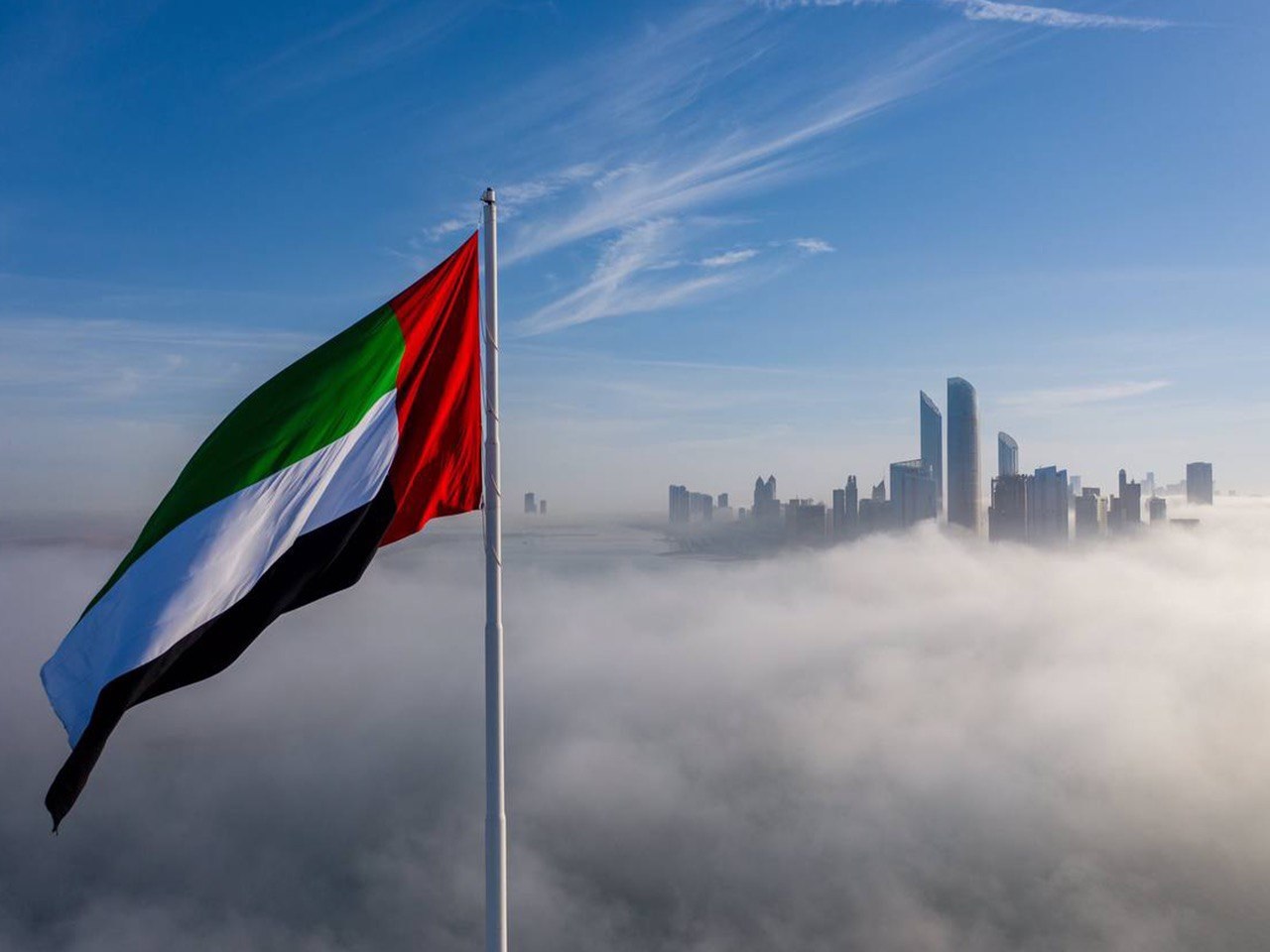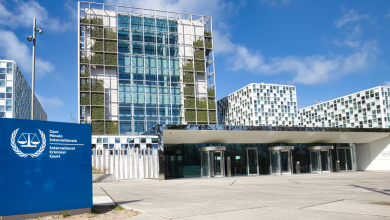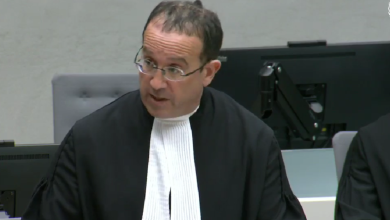The economy of the UAE has witnessed its strongest surge since the country had been hit due to the ongoing COVID-19 pandemic, said a research report.
UAE’s employment sector saw the fastest rise since January 2019 and the increase in new orders also drove expansion in output, said the IHS Markit UAE Purchasing Managers’ Index (PMI) report.
The delays in shipments from Asia however led to the longer suppliers’ delivery times since April 2020 and contributed to rising in input costs. The PMI rose from 52.2 in June to 54.0 in July, which has indicated strong improvement in business conditions.
RELATED STORY: PH-UAE labor agreement generates more jobs for OFWs, says POLO in Abu Dhabi
David Owen, an economist at IHS Markit, said the non-oil sector saw a busy start to the third quarter of the year as firms showed the sharpest rise in new orders. The economic activity was propelled by soaring domestic sales and strong market confidence.
The outlook for future non-oil activity remained positive in July and the companies hoped that the easing of Covid-19 restrictions and the Expo 2020 later this year would help to improve economic conditions.
Owen said at 54 in July the headline PMI was broadly at its long-run level suggesting the economy was largely back to normal growth, but there were many firms reporting that output had not yet recovered to pre-Covid level.
He added that orders from abroad were a disappointment in July and sales were hindered by pandemic-related measures around the world.
READ ON: 77% Filipinos open to learning new skills to retain jobs amidst pandemic
As per the report, the output and new orders indices followed the same trend in July, moving up to their highest levels since July 2019 and the latest upturn in new orders was the eighth in nine months, as businesses commented on a further recovery in demand as restrictions eased.
The ongoing COVID-19 measures in other parts of the world have however led to a third successive fall in export sales during July with firms increasingly turning to domestic clients to help recover new business. The lockdown measures also hit the supply of inputs at the start of the third quarter, particularly from Asia.
In Saudi Arabia, the PMI fell for the first time in four months to 55.8 in July from 56.4 in June and this was driven by weaker growth in output, new orders and employment compared to the previous month. (AW)




